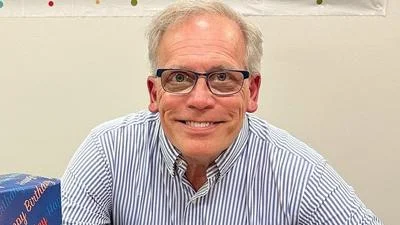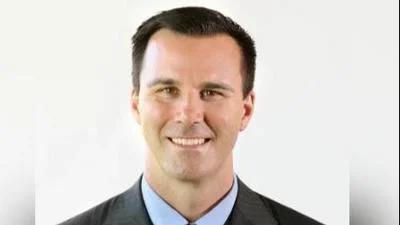Even with predicted supply chain delays due to winter weather and expansion to lower-risk groups for COVID-19 vaccination, the state of Illinois recently reduced first-dose allotments to counties. | Adobe Stock
Even with predicted supply chain delays due to winter weather and expansion to lower-risk groups for COVID-19 vaccination, the state of Illinois recently reduced first-dose allotments to counties. | Adobe Stock
Stephenson County Public Health is saying that a shortage of COVID-19 vaccines from the state came out of nowhere, leaving policymakers to try to respond quickly to the problem.
Stephenson County's Public Health Administrator Craig Beintema said that the vaccine reduction places a significant roadblock for plans to get as many people protected as quickly as possible, WREX reported in mid-February.
"We just do not have the vaccine to do that," Beintema said, WREX reported. "We've had to cancel and reduce [appointments]."
The problem is affecting more than just Stephenson County, which recently had its weekly allotment of vaccine doses cut from 500 to 200 with little warning, WREX reported at the time. FHN Hospital received vaccine doses from the health departments in Stephenson, Carroll and Jo Daviess counties and had to cancel appointments due to the shortage.
"We're on standby, ready to go, yet I understand the local health departments are constrained by the supply they get allocated," Mark Gridley, FHN's president and CEO, said, WREX reported.
The reduced supply could result in it taking approximately 2.5 months to vaccinate all of the county's residents aged 65 and older, Beintema said.
The state responded to an inquiry from WREX regarding the reduced dosage allotments with a statement indicating that first-doses would be reduced to prioritize second-dose allocations.
The move came at the same time as anticipated delays in the supply chain with predicted winter storms and the state planning to expand the vaccination program to include members of the public in the next phase.
"We have schools, the over 65, and then we would have manufacturing, and I couldn't tell you how many people less than 65 that have a health condition, but, my God, I mean, it's just very hard," Beintema said.






 Alerts Sign-up
Alerts Sign-up